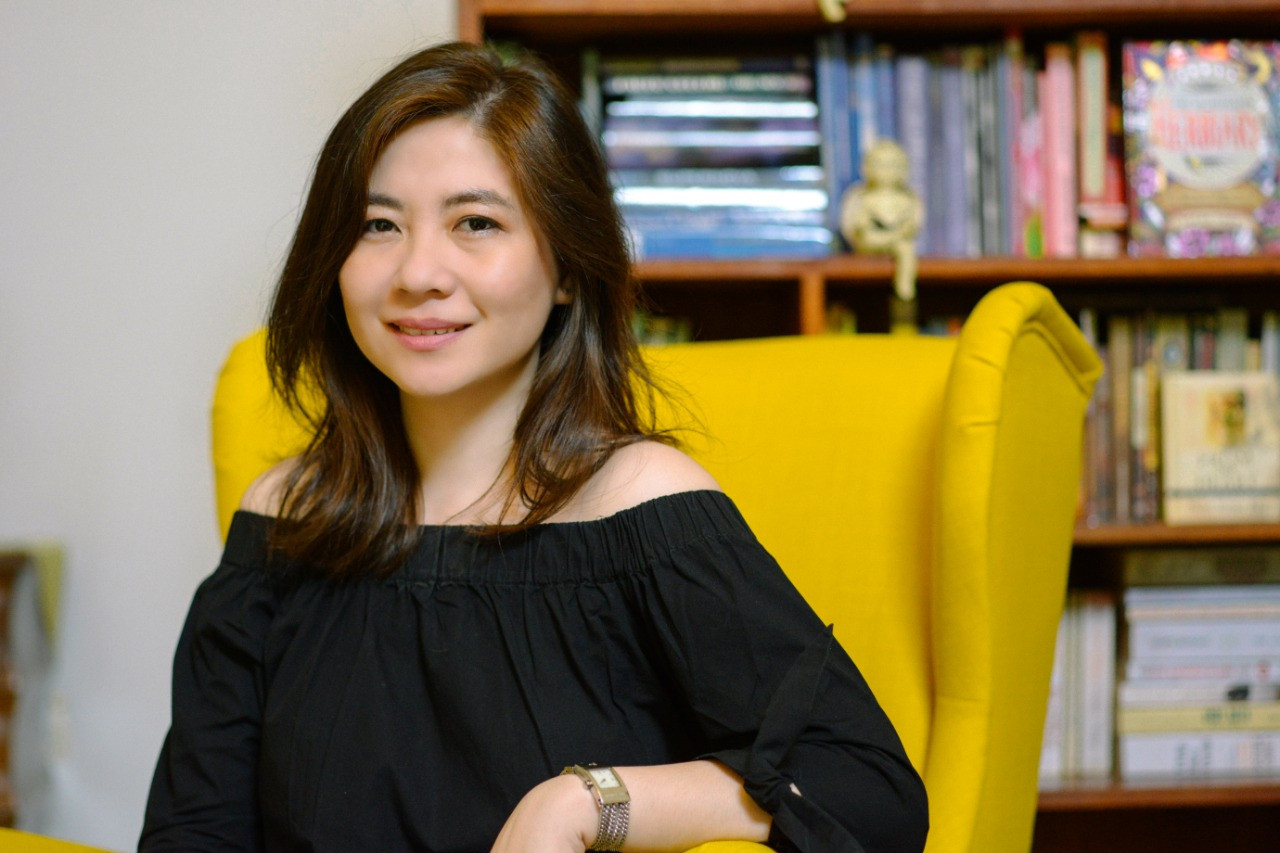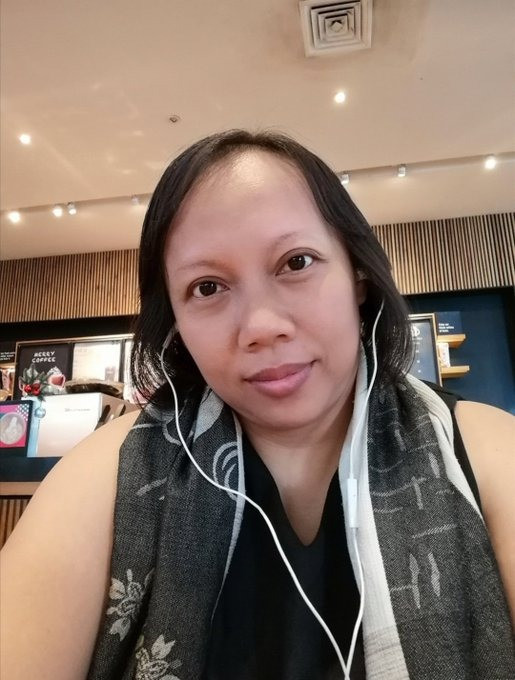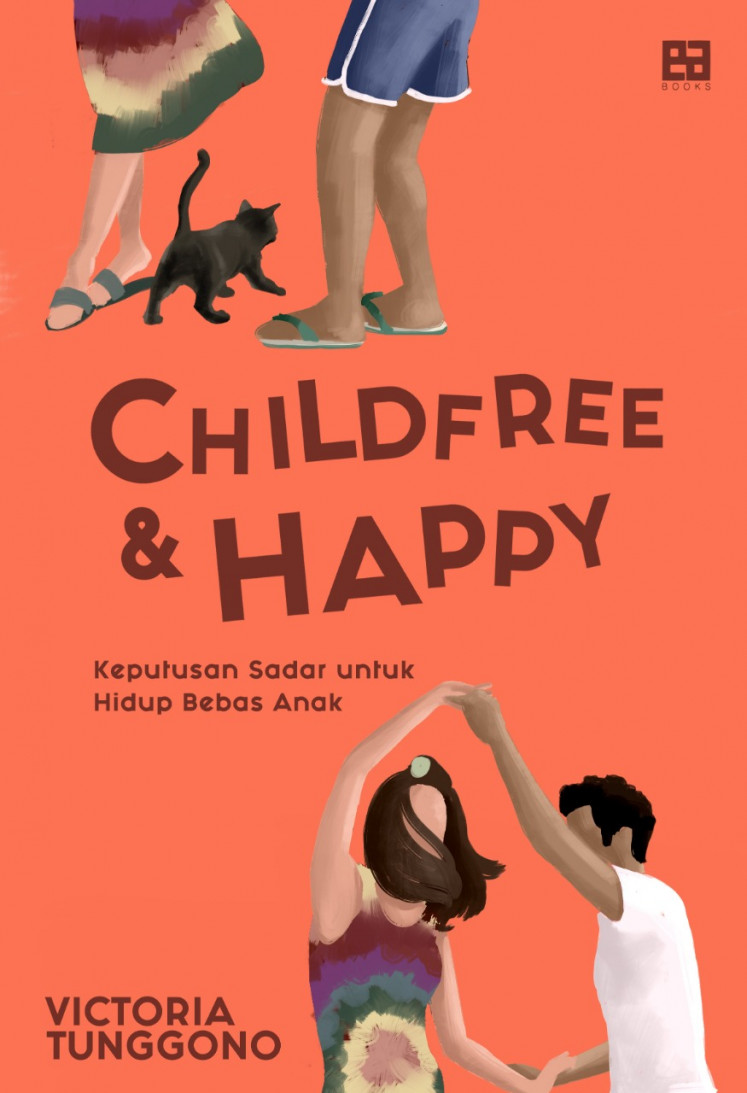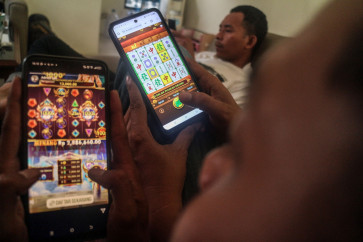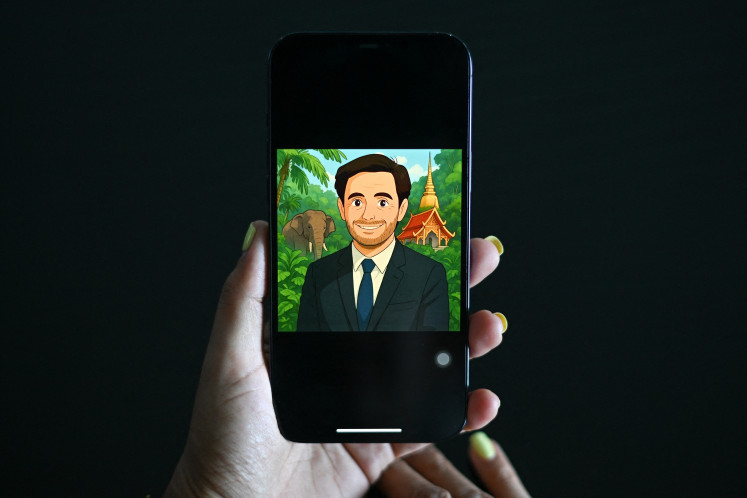Popular Reads
Top Results
Can't find what you're looking for?
View all search resultsPopular Reads
Top Results
Can't find what you're looking for?
View all search resultsChild-free and happy: A group for Indonesians without kids – by choice
Tired of facing cynical remarks, Indonesians who have opted out of parenthood have found sanctuary in a private Facebook support group, through both tittle-tattle and heartfelt discussions.
Change text size
Gift Premium Articles
to Anyone
M
any Indonesian women consider getting pregnant a blessing – a miracle, even. But for Maya, a 32-year-old linguist, it would be more like a curse.
Maya, who lives in Singapore and asked to be identified only by her nickname, worries that her family will discover her choice to remain childless if her real name is revealed. She and her husband have been married for six years and, like most Indonesians, face expectations that they will have children.
“When a family member offers a prayer for us to have kids, we just smile and thank them,” she said.
Maya said a childhood trauma caused her to sometimes engage in harmful behaviors toward her partner and herself. Her husband suffers from a hereditary disease that began showing its symptoms as he entered his late 20s.
The risk of passing on her trauma and her husband’s genetic disorders caused them to decide to forego children altogether.
“I do not want to hurt a human being by forcing them to be born into this world and putting them in [the same] position [that I am in]. My husband, of course, does not want to pass on his disease,” said Maya.
Maya is not alone. In fact, more and more Indonesians have opted out of parenthood for various reasons. Some of them created a private Facebook group in 2016, which now has some 300 members.
Maya joined the community in 2018 and quickly found herself surrounded by people who were on the same page. The group discussions are a source of comfort, even though sometimes they take the form of gossip.
“But we also uplift each other whenever someone needs support,” she said.
Since the COVID-19 pandemic hit last year, the group’s members have met through online video calls. Job postings, information on sexual and reproductive health and other matters are also circulated in the group.
The group went private after screenshots of their posts were leaked by an unknown person and became objects of ridicule on the internet. Membership in the group is now by invitation only.
A sanctuary from naysayers
In a country where tradition still plays a large role, being childless – even if not by choice – is often looked down upon. That some would actually choose to remain child-free is completely out of the realm of understanding for many. People who do speak up about being intentionally child-free, on social media, for example, often face jeers and mockery.
Veronica Wilson, a 46-year-old customer service specialist who has been married for 16 years, started to speak up online because she saw many people call child-free people “trend followers”. She is an active member of the Facebook community mentioned above.
“I have been married for a long time, so if I speak up, maybe they will understand that being child-free is a conscious decision,” she said.
Even at a young age, Veronica was thinking about not having children, citing her toxic relationship with her mother as the main reason. Many of the Facebook group’s members, she said, related to her experience.
Veronica’s husband comes from a Batak family and, while his attitude toward childlessness is more relaxed, Veronica’s mother-in-law, a traditional North Sumatran woman, still comments from time to time about wanting to have grandchildren.
Veronica has tried. She was pregnant three times, and each ended in miscarriage. Her choice became firm when, at the age of 35, she was diagnosed with diabetes.
“Perhaps this is God’s way of making sure we are not being humiliated. At least I was pregnant before, so no one can say there’s something wrong with us.”
Safe space: Veronica Wilson, a member of a private Facebook group for child-free Indonesians, said the community needed a safe space after growing tired of debating with people who aggressively criticized them. (JP/Courtesy of Veronica Wilson)Being child-free comes at a price. As an older couple with no children, Veronica said, they were often perceived as wealthy by young parents in the family.
“Every time we are at my mother-in-law's house, they will ask us for money. My mother-in-law encourages this because she thinks we have a lot of money. Annoying, right?” she said.
While her close friends who are married with kids support her decision and acknowledge that parenthood is not for everybody, Veronica noted that many child-free people grew tired of explaining themselves over and over again. The Facebook group serves as a safe space for them.
“Honestly speaking, I think those who aggressively oppose child-free individuals are frustrated with their own decision to have kids,” she said.
Adinda Hana Muthia, a 27-year-old customer service representative, enjoys following the group’s discussions on issues such as dealing with family members or finding a supportive partner.
“I thought I was abnormal for being child-free. The community has made me realize that I’m not the only one who thinks like this,” said Adinda, who lives in Jakarta.
Leny, 25, who asked to be identified only by her first name, also finds comfort in the group. Leny’s parents still hope that someday she will change her mind, while her close friends are shocked by and vehemently against her choice to remain child-free.
They do not know, however, that Leny’s decision came after she was diagnosed with major depression and anxiety in college. She believes becoming a mother could mean passing on the risk of developing mental illnesses.
“I don’t want my kids to experience the struggle that I have. I’d feel like a terrible mother,” said Leny, who lives in Bogor, West Java.
Lack of literature
Goodreads, a social library cataloging website, listed The Baby Trap, written by Ellen Peck and published in 1971, as one of the earliest books that advocates staying child-free, although at the time it was called being “voluntarily childless”.
Victoria Tunggono, a 37-year-old author and a member of the Facebook group, decided to write a book on the topic after a publisher offered her the opportunity, as there was no Indonesian literature on being child-free – not even translations of English-language books.
Publisher EA Books noticed Victoria after her April 2020 Instagram and Facebook posts on being child-free went viral. Thousands of people left comments, from condemning her choice to quoting religious texts to her.
“I wrote Childfree & Happy [the title is in English, but the book is in Indonesian] so that people could understand why child-free individuals exist and not be so narrow-minded but instead see others’ perspectives,” said Victoria, who lives in South Tangerang, Banten.
‘Childfree & Happy’: Author Victoria Tunggono said her book was important because of the lack of Indonesian literature on voluntary childlessness. (JP/Courtesy of Victoria Tunggono)Victoria wrote the book from October to December of last year. In addition to presenting her own experience, she interviewed fourteen child-free people from their 20s to their 50s, regardless of their marital status or sexual orientations, and shared their stories.
The book discusses reasons for being child-free, including financial and mental concerns, physical capacity, philosophical objections and environmental reasons. Some only have one reason: they simply do not want kids.
Childfree & Happy was published in February 2021.
“Now, since the book’s publication, my cousins, who are aged between 25 and 28, have started thinking of staying child-free,” Victoria said.

